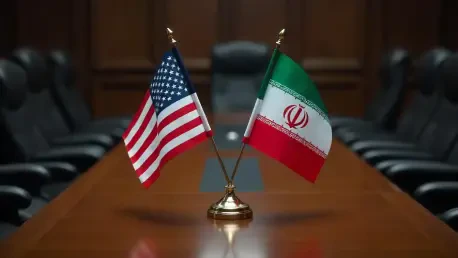The Hill explores the ongoing communication challenges between the United States and Iran regarding the potential renewal of a nuclear agreement. Central to the discussion are reactions to former President Trump’s comments, which suggested a new deal had been proposed to Iran. Trump urged for quick progress in these negotiations, conveying openness to Iran developing a civilian nuclear program, yet firmly stating Tehran must never possess nuclear weapons. Iranian Foreign Minister Seyed Abbas Araghchi responded by denying receipt of any formal proposals and criticizing the inconsistent messages from the U.S. government, highlighting the complex diplomatic landscape that has evolved since Trump withdrew from the Obama-era nuclear deal.
Iran maintains its stance on pursuing nuclear enrichment for peaceful purposes, as supported by the Non-Proliferation Treaty. The discussions remain contentious, with both nations tentatively exploring negotiation possibilities. Despite mixed signals, Iran seeks respect and the lifting of sanctions to further facilitate dialogues. The ongoing situation underscores the tense but strategic interplay between the U.S. and Iran as they navigate differing perspectives on nuclear development and international diplomacy.
This matter has significant implications for regional stability and global politics, with both countries cautiously committed to diplomatic engagements while addressing mutual interests and concerns. The complexity of these negotiations remains under scrutiny, shaping international relations in this critical region.









